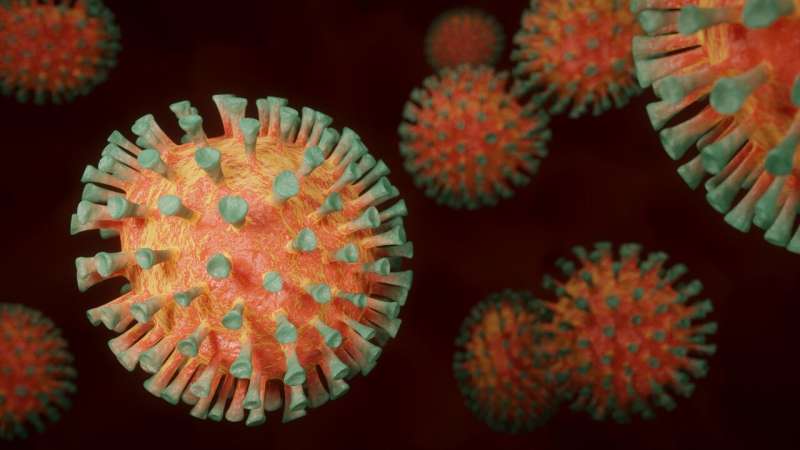Credit: Pixabay/CC0 Public Domain
European regulators are evaluating early data from a coronavirus vaccine being developed by Germany's BioNTech and US giant Pfizer, the firms said Tuesday, under a fast-track procedure aimed at speeding up the approvals process.
The "rolling review" is the second being conducted by the Amsterdam-based European Medicines Agency (EMA), after it already agreed to evaluate a possible COVID-19 vaccine from AstraZeneca and Britain's Oxford University.
Scientists around the world are racing to develop a safe and efficient COVID-19 jab to end a pandemic that has killed more than a million people and devastated the global economy.
A "rolling review" is used to speed up assessments of promising drugs or vaccines during a public health emergency. It allows the EMA to review data as it comes in, even while trials are still ongoing.
In normal times, pharma companies would complete their tests and compile all their findings first before submitting them for review.
"It is our duty to ensure that while we are working to develop a potential vaccine at unprecedented speed to help address this pandemic, we do so with the highest ethical standards while adhering to sound scientific principles," BioNTech CEO and co-founder Ugur Sahin said in a statement, adding: "We will continue to have regular and open dialogue with the EMA throughout the rolling review process."
The potential BioNTech-Pfizer coronavirus vaccine uses new technology based on mRNA, a type of genetic material never before used to make a vaccine.
It is one of nine vaccine candidates to have advanced to late-stage human trials, known as phase 3 clinical trials, when they are tested on thousands of volunteers.
More than 37,000 people are currently enrolled in the BioNTech-Pfizer study, including in the United States, Brazil, South Africa and Argentina. More than 28,000 of them have recently received their second shot, the statement said.
The EMA stressed in a separate statement that the decision to start an accelerated review "does not mean that a conclusion can be reached yet on the vaccine's safety and effectiveness, as much of the evidence is still to be submitted".
BioNTech has previously said it aims to supply up to a 100 million doses by the end of 2020 if its vaccine is successful, and 1.3 billion doses by the end of 2021.
© 2020 AFP























